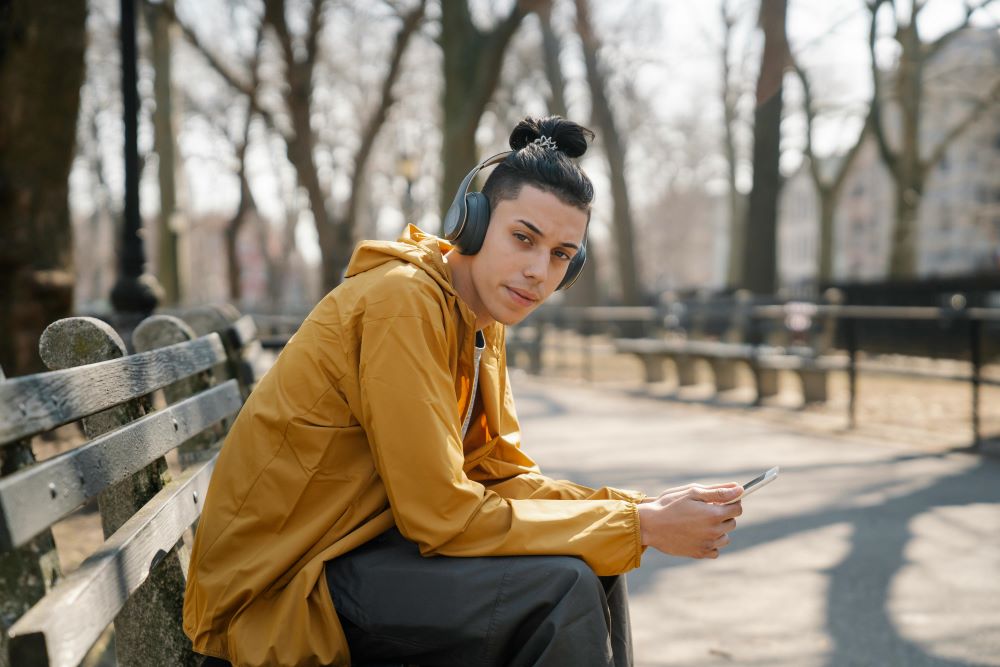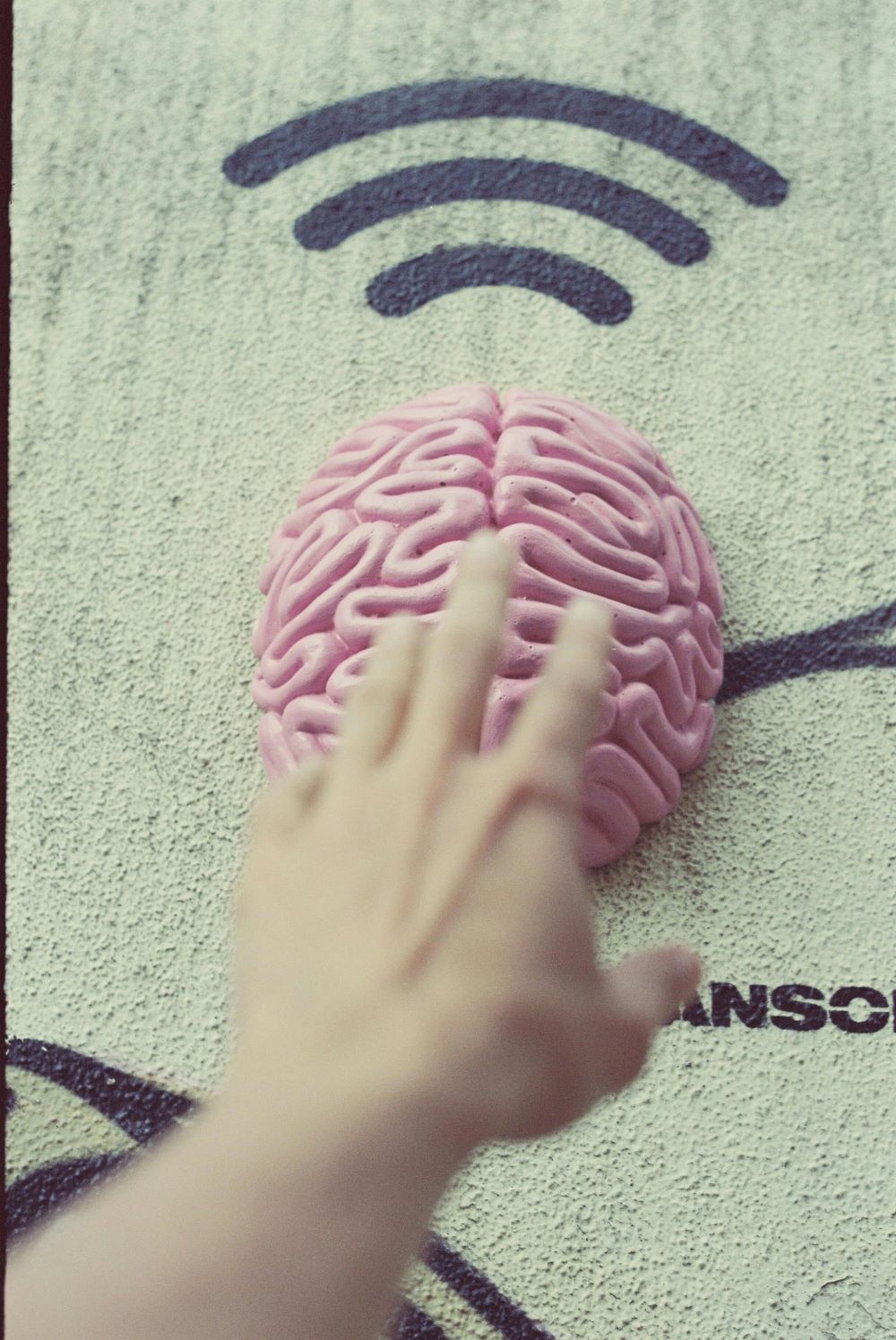Study examines the impact of social media use on teen brainwaves during sleep.
Upcoming research to be showcased at the SLEEP 2024 annual conference has discovered a distinct connection between the amount of sleep, social media engagement, and brain activity in areas crucial for executive functions and reward processing in teenagers.
The study reveals that reduced sleep duration correlates with higher social media use among teens. This relationship involves the front limbic brain regions, particularly the inferior and middle frontal gyri. The inferior frontal gyrus, which is vital for inhibitory control, appears to significantly influence how teens manage their interaction with rewarding stimuli like social media. On the other hand, the middle frontal gyrus, which plays a role in executive functions and is key in evaluating and responding to rewards, is crucial for making decisions that balance the immediate gratification from social media with other priorities like sleep. These findings underscore a complex interaction between specific brain regions during adolescence and their effects on behavior and sleep within the context of digital media use.
According to Orsolya Kiss, Ph.D., a research scientist at SRI International in Menlo Park, California, findings suggest that poor sleep and excessive social media engagement could modify neural reward sensitivity during a critical period of brain development. He also mentioned that the intricate relationship between digital engagement and sleep quality significantly impacts brain activity, with important implications for adolescent brain development.

The study analyzed data from 6,516 adolescents aged 10-14 years, from the Adolescent Brain Cognitive Development (ABCD) Study. Sleep duration was evaluated using the Munich Chronotype questionnaire, while social media use was measured through the Youth Screen Time Survey. Brain activity was assessed with functional MRI scans during the monetary incentive delay task, which targets regions related to reward processing. The research utilized three different sets of models, alternating predictors and outcomes each time, and adjusted results for age, the timing of the COVID-19 pandemic, and socio-demographic factors.
Kiss emphasized that these results offer new insights into the interaction between two major aspects of modern adolescent life – social media use and sleep duration – and their impact on brain development.
The American Academy of Sleep Medicine (AASM) advises that teenagers aged 13 to 18 should get 8 to 10 hours of sleep per night regularly. The AASM also recommends that adolescents disconnect from electronic devices at least 30 minutes to an hour before bedtime to enhance sleep quality
This study received support from grants provided by the National Institutes of Health (NIH). The research abstract has been published in an online supplement of the journal Sleep and will be presented on Sunday, June 2, and Wednesday, June 5, during SLEEP 2024 in Houston. SLEEP is the annual conference of the Associated Professional Sleep Societies, a collaboration between the American Academy of Sleep Medicine and the Sleep Research Society.
The findings highlight the necessity for parents, educators, and healthcare providers to understand the effects of digital media and sleep on adolescent brain development. By encouraging healthier sleep habits and mindful social media use, it may be possible to foster better cognitive and emotional outcomes for teenagers. This study adds to the growing body of evidence emphasizing the importance of balanced sleep and regulated digital media use during the formative years of adolescence.
Sources:
Study finds distinct link between sleep duration, social media usage, and brain activation in teens
Impact of social media usage on sleep patterns in adolescents


Join the conversation!